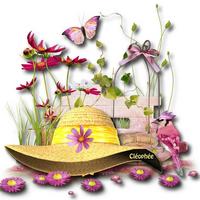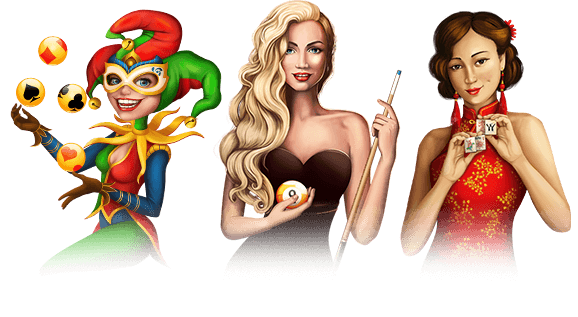
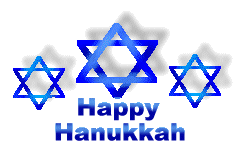


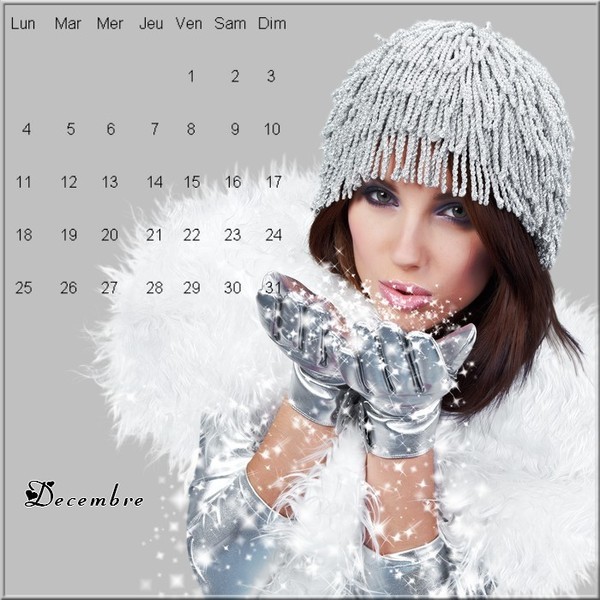
Hanukkah - The Jewish Festival of Lights

Hanukkah is the Jewish Festival of Lights
and it remembers the rededication of the second Jewish Temple in Jerusalem.
This happened in the 160s BCE/BC (before Jesus was born).
(Hanukkah is the Hebrew and Aramaic word for 'dedication'.)
Hanukkah last for eight days and starts on the 25th of Kislev,
the month in the Jewish calendar that occurs at about the same time as December.
Because the Jewish calendar is lunar (it uses the moon for its dates),
Kislev can happen from late November to late December.

In 2017, Hanukkah is from in the evening of Tuesday,
12th December until the evening of Wednesday, 20th December.
In 2018, Hanukkah will be from the evening of Sunday,
2nd December until the evening of Monday, 10th December.
During Hanukkah, on each of the eight nights,
a candle is lit in a special menorah (candelabra) called a 'hanukkiyah'.
There is a special ninth candle called the 'shammash' or servant candle
which is used to light the other candles.
The shammash is often in the center of the other candles and has a higher position.
On the first night one candle is lit, on the second night,
two are lit until all are lit on the eighth and final night of the festival.
Traditionally they are lit from left to right.
A special blessing,
thanking God, is said before or after lighting the candles and a special Jewish hymn is often sung.

The menorah is put in the front window of houses so people passing can see the lights
and remember the story of Hanukkah.
Most Jewish families and households have a special menorah and celebrate Hanukkah.
Hanukkah is also a time for giving and receiving presents and gifts are often given on each night.
Lots of games are played during the time of Hanukkah.
The most popular is 'dreidel' (Yiddish) or 'sivivon' (Hebrew).
It's a four sided top with a Hebrew letter on each side.
The four letter are the first letter of the phrase 'Nes Gadol Hayah Sham' which means '
A great miracle happened there' (in Israel,
'there' is changed to 'here' so it's 'Nes Gadol Hayah Po').
Player put a coin, nut or chocolate coin in a pot and the top is spun.
In the letter 'nun' (נ) come up nothing happens,
if it's 'gimel' (ג) the player wins the pot, if it's 'hay' (ה)
you win half the pot and if it's 'shin' (for 'there' ש) or 'pe' (for 'here' פ)
you have to put another item into the pot and the next person has a spin!
Food fried in oil is traditionally eaten during Hanukkah.
Favourites are 'latkes' - potato pancakes and 'sufganiyot' -
deep friend doughnuts that are then filled with jam/jelly and sprinkled with sugar.

The Story behind Hanukkah
About 200 BCE/BC Israel was a state in the Seleucid Empire (an empire ruled under Greek law)
and under the overall charge of the King of Syria. However,
they could follow their own religion and its practises. In 171 BCE/BC,
There was a new King called Antiochus IV, who also called himself
Antiochus Epiphanes which means 'Antiochus the visible god'.
Antiochus wanted all the empire to follow Greek ways of life and the Greek religion with all its gods.
Some of the Jews wanted to be more Greek, but most wanted to stay Jewish.
The brother of the Jewish high priest wanted to be more Greek,
so he bribed Antiochus so he would be come the new High Priest instead of his brother!
Three years later another man bribed Antiochus even more to let him become the High Priest!
To pay his bribe he stole some of the objects made of gold that were used in the Jewish Temple.
On his way home from having to retreat from a battle, Antiochus stopped in Jerusalem
and he let out all his anger on the city and the Jewish people.
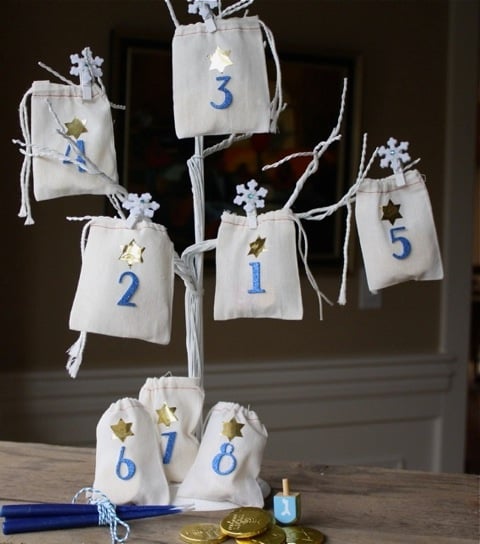
He ordered houses to be burned down and tens of thousands of Jews were killed or put into slavery.
Antiochus then went to attack the Jewish Temple, the most important building in Israel to Jews.
The Syrian soldiers took all the treasures out of the temple and on 15 Kislev 168 BCE/BC
Antiochus put up a status of the Greek god Zeus in the center of the Jewish Temple
(but it had the face of Antiochus!).
Then on 25 Kislev he desecrated the most holy place in the temple and destroyed the Jewish holy scrolls.
Antiochus then banned practising the Jewish faith & religion (if you were found out you and all your family were killed) and made the Temple into a shrine to Zeus.
There were many Jews killed for their faith. Soon afterwards a Jewish rebellion started.
It began when a 'former' Jewish Priest, called Mattathias,
was forced to make an offering to Zeus in his village.
He refused to do so and killed a Syrian Soldier! Mattathias's sons joined him and killed
the other soldiers in the village. Mattathias was an old man and died soon after this,
but his son Judah then took charge of the freedom fighters.
Judah's nickname was 'Maccabee' which come from the Hebrew word for hammer.
He and his troops lived in caves and fought an undercover war for three years.
They then met the Syrians in open battle and defeated them.


When they got back to Jerusalem,
the Temple was in ruins and the statue of Zeus/Antiochus was still standing.
They cleaned the Temple. They rebuilt the Jewish altar and on 25 Kislev 165 BCE/BC,
exactly three years after the statue was put up, the altar and Temple was rededicated to God.
There are several theories about why Hanukkah is celebrated over eight nights.
One legend says that when Judah and his followers went into the
Temple there was only enough oil to burn for one night,
but that it burned for eight nights.
Another story says that they found eight iron spears and put candles of them
and used them for lighting in the Temple.



Hanukkah and Christmas

The dates of Hanukkah and Christmas might well be associated,
because 25 Kislev was when the Temple was rededicated and the early Church chose December 25th
because they took over the birthday of Greek god Zeus/Roman god Jupiter.
Christmas is celebrated to remember the birth of of Jesus Christ,
who Christians believe is the Son of God.
The name 'Christmas' comes from the Mass of Christ (or Jesus).
A Mass service (which is sometimes called Communion or Eucharist)
is where Christians remember that Jesus died for us and then came back to life.
The 'Christ-Mass' service was the only one that was allowed to take place after sunset
(and before sunrise the next day), so people had it at Midnight!
So we get the name Christ-Mass, shortened to Christmas.


Kwanzaa
Kwanzaa is a seven day festival that celebrates African and African American culture and history.
Kwanzaa takes place from 26th December to 1st January.
The name Kwanzaa comes from the phrase 'matunda ya kwanza' which means
'first fruits' in the Swahili language (an Eastern African language spoken in countries including Kenya,
Uganda, Tanzania, Mozambique and Zimbabwe). Kwanzaa is mostly celebrated in the USA.
During Kwanzaa a special candle holder called a kinara is used.
A kinara hold seven candles, three red ones on the left,
three green ones on the right with a black candle in the center.
Each night during Kwanzaa a candle is lit. The black, center,
candle is lit first and then it alternates between the red and green candles
stating with the ones on the outside and moving inwards.
This is quite similar to the lighting of the menorah in the Jewish Festival of Lights,
Hanukkah
The seven days and candles in Kwanzaa represent the seven principles of Kwanzaa (Nguzo Saba):









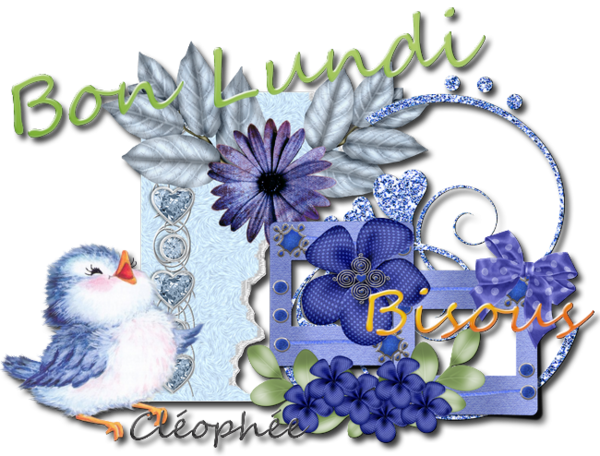
![]() (¯°¤)§(¤°¯)Vè£vèThè¤NíxÇkø£è(¯°¤)§(¤°¯)
(¯°¤)§(¤°¯)Vè£vèThè¤NíxÇkø£è(¯°¤)§(¤°¯)![]()

